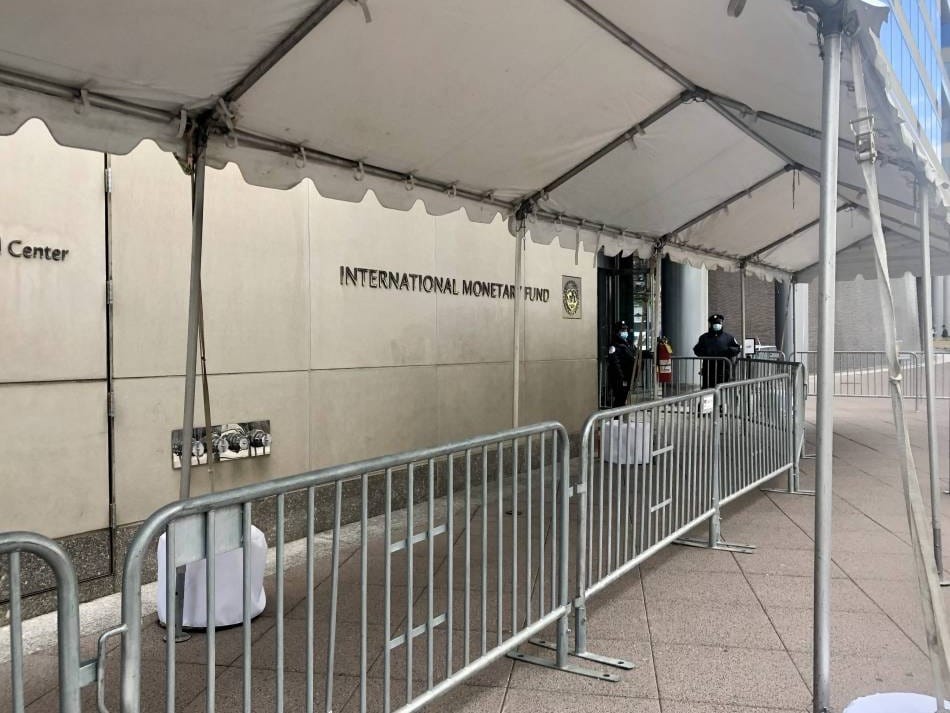WASHINGTON (AN) — With leadership under fire and an international community facing an historic convergence of crises, finance ministers and central bankers gathered here for the meetings of the World Bank and the International Monetary Fund.
The IMF set a sobering tone for the meetings early in the week with its World Economic Outlook report, warning policymakers of a severe global recession if they make mistakes in the fight against inflation.








